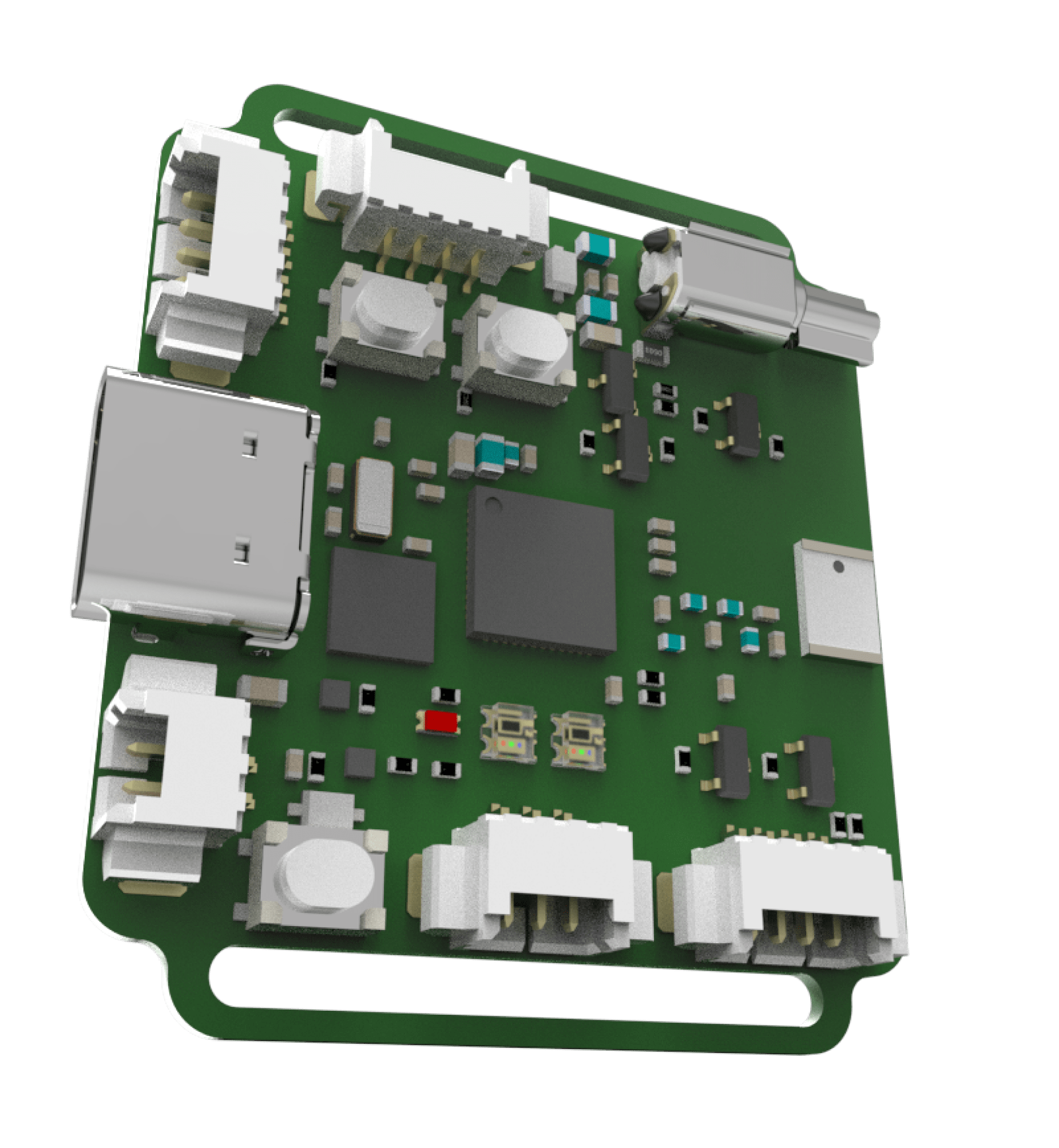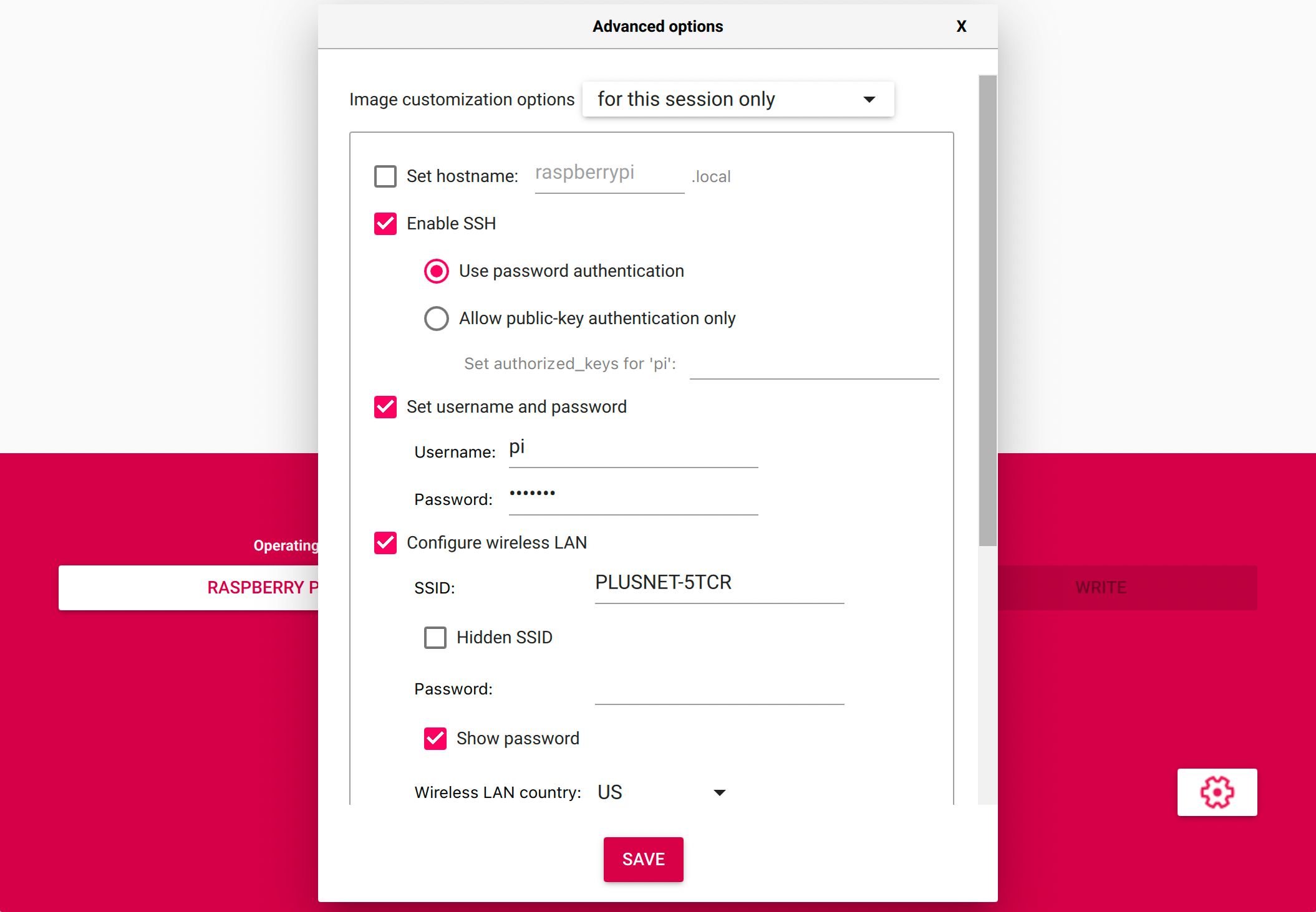Best Remote SSH IoT Platform: Your Ultimate Guide To Secure Connectivity
Ever wondered how the world of IoT (Internet of Things) is revolutionizing the way we connect devices remotely? Well, buckle up because we’re diving deep into the best remote SSH IoT platform that’s making waves in this tech-savvy era. Whether you’re a techie or just someone curious about how these platforms work, you’re in the right place. Let’s get started, shall we?
Remote SSH IoT platforms have become the backbone of smart technology, enabling seamless communication between devices no matter where they are. These platforms aren’t just about connectivity; they’re about security, scalability, and efficiency. In today’s fast-paced digital world, having a reliable platform can make all the difference in your IoT projects.
But here’s the kicker—choosing the right platform isn’t as simple as it sounds. There’s a whole lot to consider, from encryption protocols to user-friendly interfaces. That’s why we’ve put together this comprehensive guide to help you navigate the ins and outs of the best remote SSH IoT platforms out there. So, let’s break it down and make sense of it all.
- Lawanda Roosevelt An Inspiring Story Of Perseverance And Empowerment
- Air Astana Incident Engine Failure Raises Safety Concerns
What is an SSH IoT Platform Anyway?
Alright, let’s start with the basics. An SSH IoT platform is essentially a system that allows you to remotely access and manage IoT devices using Secure Shell (SSH) protocols. Think of it like a secure tunnel that connects your devices to the internet without exposing them to potential threats. It’s not just about connecting; it’s about doing it safely.
SSH itself is a cryptographic network protocol that ensures secure data communication, authentication, and command execution between devices. When you combine this with IoT, you get a powerful tool that can transform the way businesses and individuals interact with their connected devices.
Why SSH is the Go-To Protocol for IoT
Now, you might be wondering why SSH stands out in the IoT game. Well, here’s the lowdown:
- SSH provides end-to-end encryption, keeping your data safe from prying eyes.
- It supports authentication mechanisms that ensure only authorized users can access your devices.
- SSH is lightweight and efficient, making it perfect for resource-constrained IoT devices.
- It’s widely supported across various platforms, ensuring compatibility with different systems.
These features make SSH a top choice for IoT developers who prioritize security and reliability.
Key Features to Look for in the Best Remote SSH IoT Platform
When it comes to selecting the best remote SSH IoT platform, there are a few must-haves you need to keep in mind. Let’s take a closer look at what makes a platform truly exceptional:
1. Security First
Security should always be your top priority. Look for platforms that offer robust encryption, two-factor authentication, and regular security updates. You don’t want your devices to be an easy target for hackers, right?
2. Scalability
As your IoT projects grow, you’ll need a platform that can keep up. Scalability ensures that you can add more devices and users without compromising performance. It’s like building a foundation that can support a skyscraper.
3. User-Friendly Interface
Let’s face it—nobody likes complicated systems. A good platform should have an intuitive interface that makes managing your devices a breeze, even for non-techies.
4. Compatibility
Your platform should play nicely with a wide range of devices and operating systems. Whether you’re working with Raspberry Pi, Arduino, or any other IoT gadget, compatibility is key.
Top 5 Best Remote SSH IoT Platforms
Now that you know what to look for, let’s check out some of the top contenders in the remote SSH IoT platform space. These platforms have proven their worth and are trusted by professionals worldwide.
1. Thinger.io
Thinger.io is a cloud-based platform that offers a comprehensive suite of tools for managing IoT devices. It supports SSH connectivity and provides a secure environment for remote access. With its user-friendly dashboard and extensive documentation, Thinger.io is a great choice for both beginners and experts.
2. Losant
Losant is another powerful platform that focuses on enterprise-grade solutions. It offers robust security features, scalable infrastructure, and seamless integration with third-party services. If you’re looking for a platform that can handle large-scale IoT deployments, Losant is worth considering.
3. Blynk
Blynk is all about simplicity and ease of use. It allows you to create custom dashboards and control your IoT devices with just a few taps on your smartphone. While it may not have all the bells and whistles of other platforms, Blynk excels in providing a hassle-free experience.
4. Ubidots
Ubidots is a cloud-based IoT platform that specializes in data visualization and analytics. It supports SSH connectivity and offers a wide range of tools for monitoring and managing IoT devices. If you’re into data-driven decision-making, Ubidots is a great option.
5. DeviceHive
DeviceHive is an open-source platform that provides a flexible framework for building IoT applications. It supports SSH and offers a variety of APIs for integrating with other systems. If you’re into customization and want full control over your IoT projects, DeviceHive might be the right choice for you.
How to Choose the Best Remote SSH IoT Platform
With so many options available, choosing the right platform can feel overwhelming. Here’s a step-by-step guide to help you make an informed decision:
1. Define Your Needs
Start by identifying what you need from an IoT platform. Are you looking for security, scalability, or ease of use? Knowing your priorities will help narrow down your options.
2. Research and Compare
Take the time to research and compare different platforms. Read reviews, check out case studies, and see what other users have to say. This will give you a better understanding of each platform’s strengths and weaknesses.
3. Test Before You Commit
Most platforms offer free trials or demos. Take advantage of these to test the platform’s features and see if it meets your requirements. Hands-on experience is invaluable when making a decision.
4. Consider Long-Term Costs
While some platforms may seem affordable at first, hidden costs can add up over time. Make sure to factor in subscription fees, support costs, and any additional expenses that may arise.
Benefits of Using a Remote SSH IoT Platform
Using a remote SSH IoT platform comes with a host of benefits that can enhance your IoT projects. Here are a few to consider:
1. Enhanced Security
With SSH protocols in place, your devices are protected from unauthorized access and cyber threats. This peace of mind is invaluable in today’s digital landscape.
2. Increased Efficiency
Remote access allows you to manage your devices from anywhere, saving you time and effort. You can troubleshoot issues, update firmware, and monitor performance without being physically present.
3. Cost Savings
By reducing the need for on-site maintenance and minimizing downtime, remote SSH IoT platforms can help you save money in the long run. It’s a win-win situation for businesses and individuals alike.
Common Challenges in Remote SSH IoT Platforms
While remote SSH IoT platforms offer numerous advantages, they’re not without their challenges. Here are a few common issues you might encounter:
1. Connectivity Issues
Intermittent connectivity can disrupt your operations and lead to data loss. Make sure your platform has robust connectivity features to minimize downtime.
2. Security Vulnerabilities
Even with SSH protocols, there’s always a risk of security breaches. Regularly updating your software and following best practices can help mitigate these risks.
3. Complexity
Some platforms can be overwhelming, especially for beginners. Look for platforms that offer comprehensive documentation and support to ease the learning curve.
Future Trends in Remote SSH IoT Platforms
The world of IoT is constantly evolving, and so are the platforms that power it. Here are a few trends to watch out for:
1. Edge Computing
Edge computing is gaining traction as a way to reduce latency and improve performance. By processing data closer to the source, edge computing can enhance the capabilities of remote SSH IoT platforms.
2. Artificial Intelligence
AI is being integrated into IoT platforms to provide predictive analytics and automation. This can lead to more efficient operations and better decision-making.
3. Blockchain Technology
Blockchain is being explored as a way to enhance security and transparency in IoT systems. Its decentralized nature can provide an extra layer of protection against cyber threats.
Conclusion
In conclusion, the best remote SSH IoT platform is one that meets your specific needs and aligns with your goals. Whether you’re a seasoned developer or a newcomer to the IoT world, there’s a platform out there that can help you achieve success.
We’ve covered the key features to look for, the top platforms to consider, and the benefits and challenges of using remote SSH IoT platforms. Now it’s your turn to take action. Explore the options, test the platforms, and find the one that works best for you.
Don’t forget to share your thoughts and experiences in the comments below. And if you found this guide helpful, feel free to share it with your friends and colleagues. Together, let’s make the IoT world a safer and more connected place!



Detail Author:
- Name : Jackeline Bayer I
- Username : griffin.glover
- Email : elsa06@ohara.com
- Birthdate : 1981-12-29
- Address : 6112 Cristian Station Apt. 701 Sipesberg, AK 16388
- Phone : 1-973-974-6012
- Company : Kohler-Bartell
- Job : Pipelayer
- Bio : Nobis consequatur quisquam ipsum excepturi ea hic natus nulla. Saepe iusto est est nostrum dicta. Qui voluptatem et esse reiciendis.
Socials
twitter:
- url : https://twitter.com/kpowlowski
- username : kpowlowski
- bio : Odio suscipit molestiae animi reiciendis. Autem dolore aut ipsa iusto. Et fugit vel error dolor et.
- followers : 3775
- following : 2318
instagram:
- url : https://instagram.com/kayleypowlowski
- username : kayleypowlowski
- bio : Harum perspiciatis tenetur facilis fugit ullam. Fugit maxime hic voluptas sunt tenetur.
- followers : 4534
- following : 2951
tiktok:
- url : https://tiktok.com/@kpowlowski
- username : kpowlowski
- bio : Odit velit sunt id aut consequatur.
- followers : 4836
- following : 2622